National Animal Disaster Preparedness Day: May 8
by Jenny Alonge
Natural disasters, which are becoming more prevalent and more powerful worldwide, significantly impact animals as well as humans. May 8 is National Animal Disaster Preparedness Day, which was established by the Federal Emergency Management Agency (FEMA) in 2010 to raise awareness about keeping animals safe during emergency situations such as floods, earthquakes, tornadoes, fires, and hurricanes. Veterinarians play a vital role in promoting and aiding disaster preparedness for animals, and you can help by teaching pet owners how to create emergency plans for their animals. We provide tips that will help your clients keep their pets safe when the next disaster strikes.
- Have your pet microchipped
- During a natural disaster, pets can easily run away and get lost. Microchipped pets are much more likely than those without proper identification to be returned to their owner, so encourage your clients to microchip their pets and keep their contact information up to date in the microchip registry. - Place a rescue alert sticker on your front door
The American Society for the Prevention of Cruelty to Animals (ASPCA) provides free emergency, easy-to-use pet alert stickers that let rescue workers know pets are inside the home. Pet owners must provide information, including the type and number of pets, and their veterinarian’s name and phone number. If the pet owner evacuates their home, they should write “EVACUATED” across the sticker to ensure rescue workers don’t waste time searching for their pets. - Arrange shelter for your pet
If conditions aren’t safe for people, they aren’t safe for pets, and pets should never be left behind when people evacuate. Pet owners must research emergency pet shelters in advance. Recommendations include:
- Friends and family — Asking friends and family living outside the area if they are willing to let pets stay at their home
- Kennels — Researching whether kennels and boarding facilities take in pets during emergency situations
- Animal shelters — Calling the local animal shelter to see if they will care for owned pets during emergency situations
- Hotels — Researching hotels outside the area to determine which ones allow pets. - Prepare a pet emergency kit
Pet owners should have a pet emergency kit ready in case they need to evacuate. Suggested items include:
- Food and water for at least five days for each pet, bowls, and a manual can opener if the pet eats canned food
- Medications and medical records stored in a waterproof container
- A pet first aid kit that includes a pet first aid guidebook, gauze, nonstick tape, pet shampoo, tweezers, antibiotic ointment, styptic powder, and bandages
- Plastic bags to collect your pet’s waste
- Litter box, litter, and scoop
- Extra leash and collar — all pets should wear a collar and identification tags
- Current photograph of the pet for posting should they go missing
- Treats and toys - Designate a caregiver for your pet
Pet owners should designate a caregiver who would be responsible for their pet should a disaster occur when the owner is away from home. This caregiver should live close by, typically be home during the day, know the pet, and know how to care for a pet.
6. Evacuate early
If they have advanced warning, pet owners should calmly gather their pets and evacuate as soon as possible. They should not wait until the last minute, because rushing to evacuate is more stressful and more likely to lead to a panicked and lost pet.
7. Stay home safely
If pet owners decide to wait out a disaster at home, they should identify a safe room for themselves and their pet. They should take all necessary supplies to the room, and close off routes where their pet may escape.
8. Evacuate pet birds correctly
Special considerations for pet birds include:
- Transport birds in a secure travel cage or carrier.
- Cover the cage with a blanket to help reduce stress.
- In warm weather, use a spray bottle periodically to moisten the bird’s feathers.
- Ensure the bird has a leg band identification and you have a current picture.
- Keep the carrier in a quiet place.
- Use a timed feeder to ensure the bird’s feeding schedule isn’t disrupted.
- Take extra care to shield birds from smoke exposure and poor air quality, because they are particularly sensitive to air particulates.
9. Evacuate pet reptiles correctly
Special considerations for pet reptiles include:
- Snakes can be transported in a pillowcase but should be moved to a secure cage as soon as possible.
- Take a large bowl so your pet reptile has a place to soak.
- Use a heating pad or hot water bottle to provide warmth.
10. Evacuate horses correctly
Special considerations for horses include:
- Keep your horse trailer and towing vehicle in good working condition, so you can evacuate your horse without delay.
- If you don’t have a horse trailer, ensure you have access to one, should an emergency occur.
- Get your horse used to loading and trailering.
- Research farms and facilities willing to provide shelter for horses during an emergency.
On National Animal Disaster Preparedness Day, ensure your clients have the information they need to keep their animals safe during an emergency.


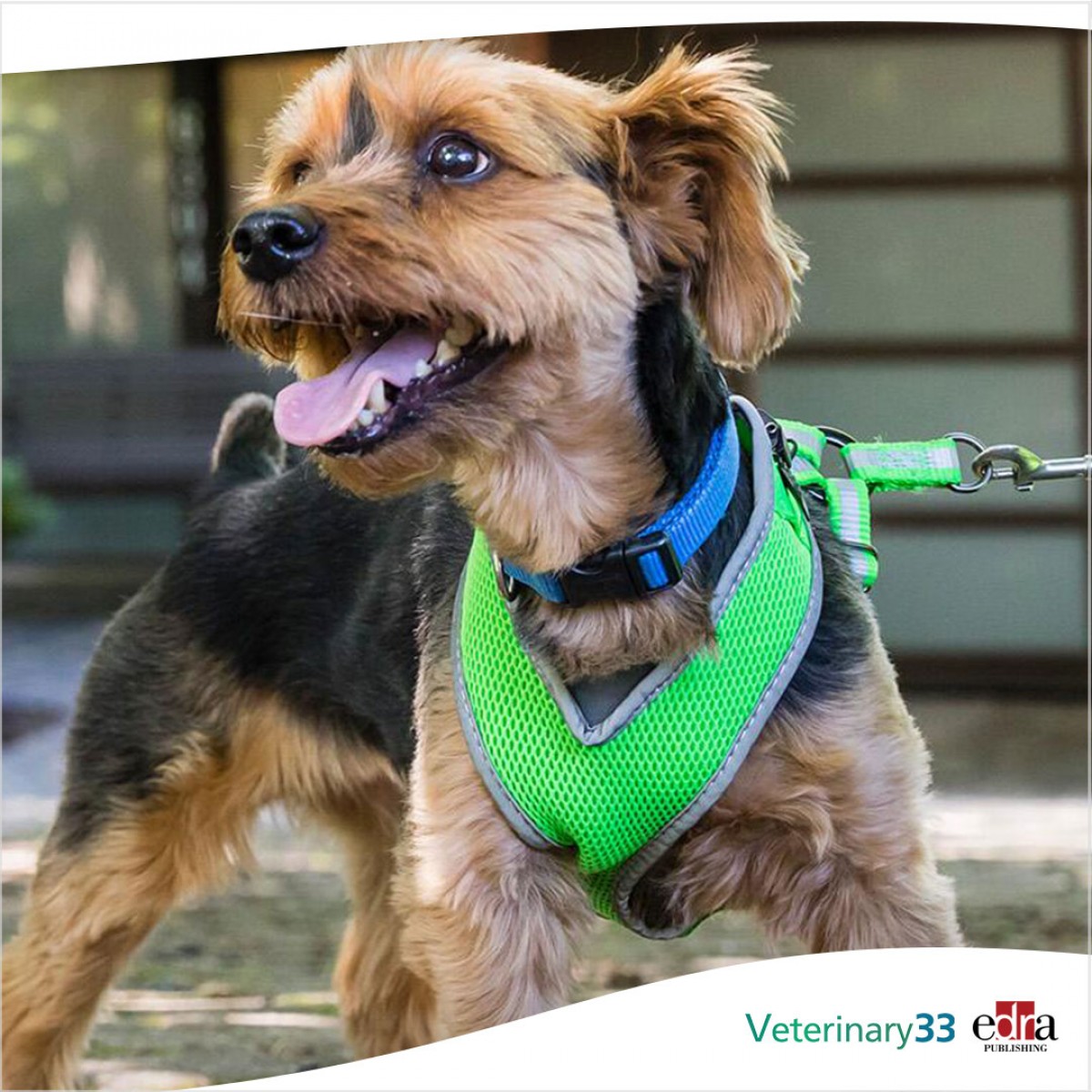
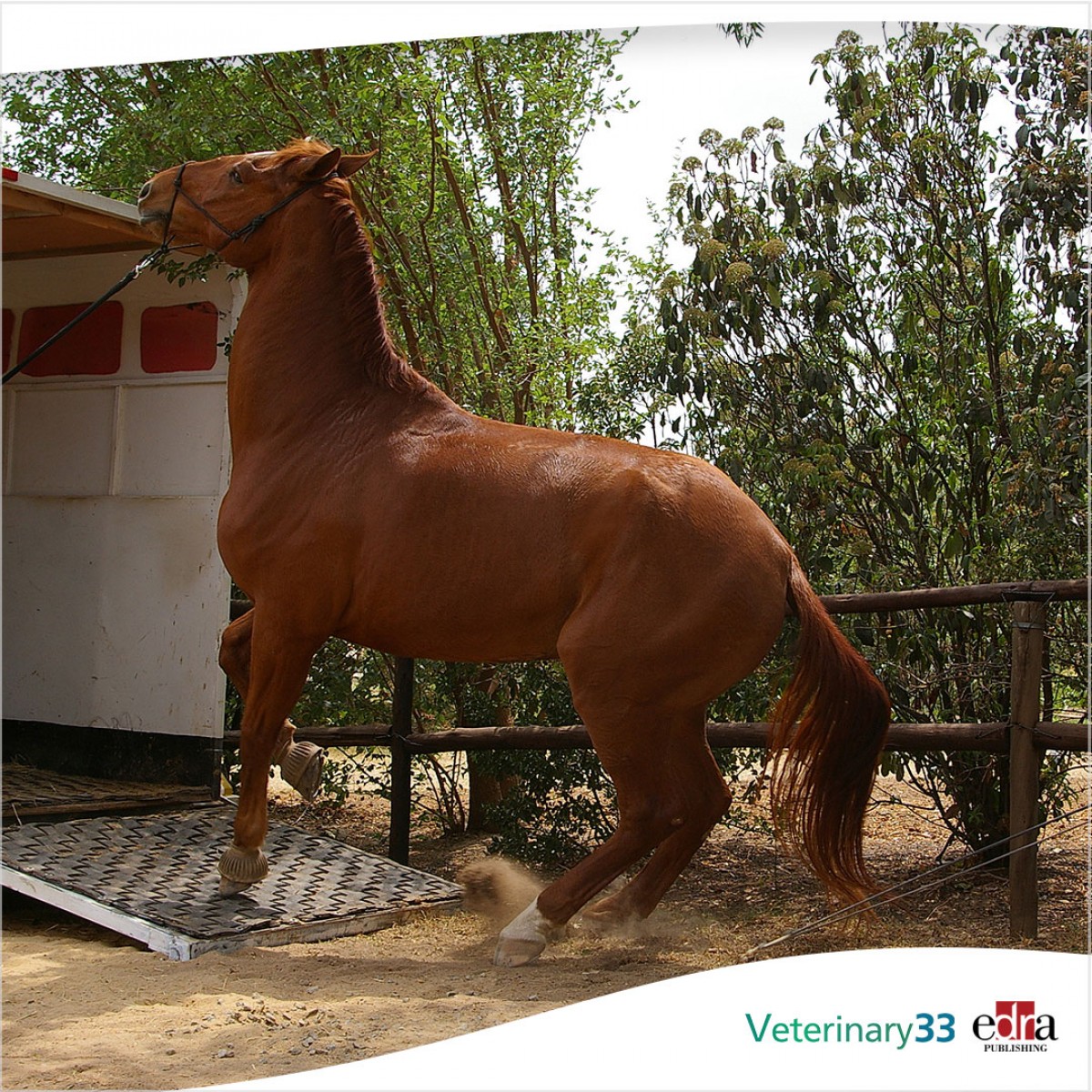
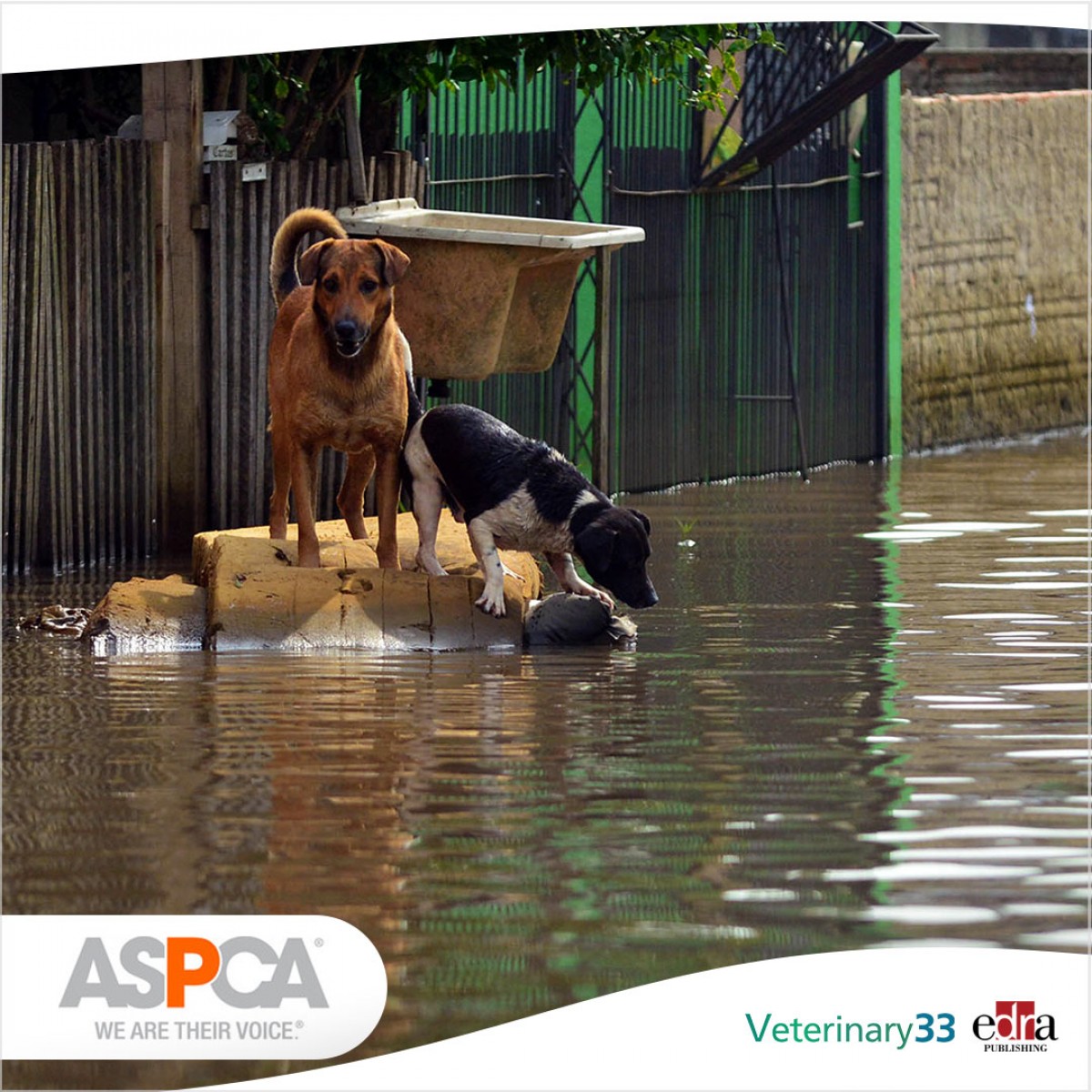
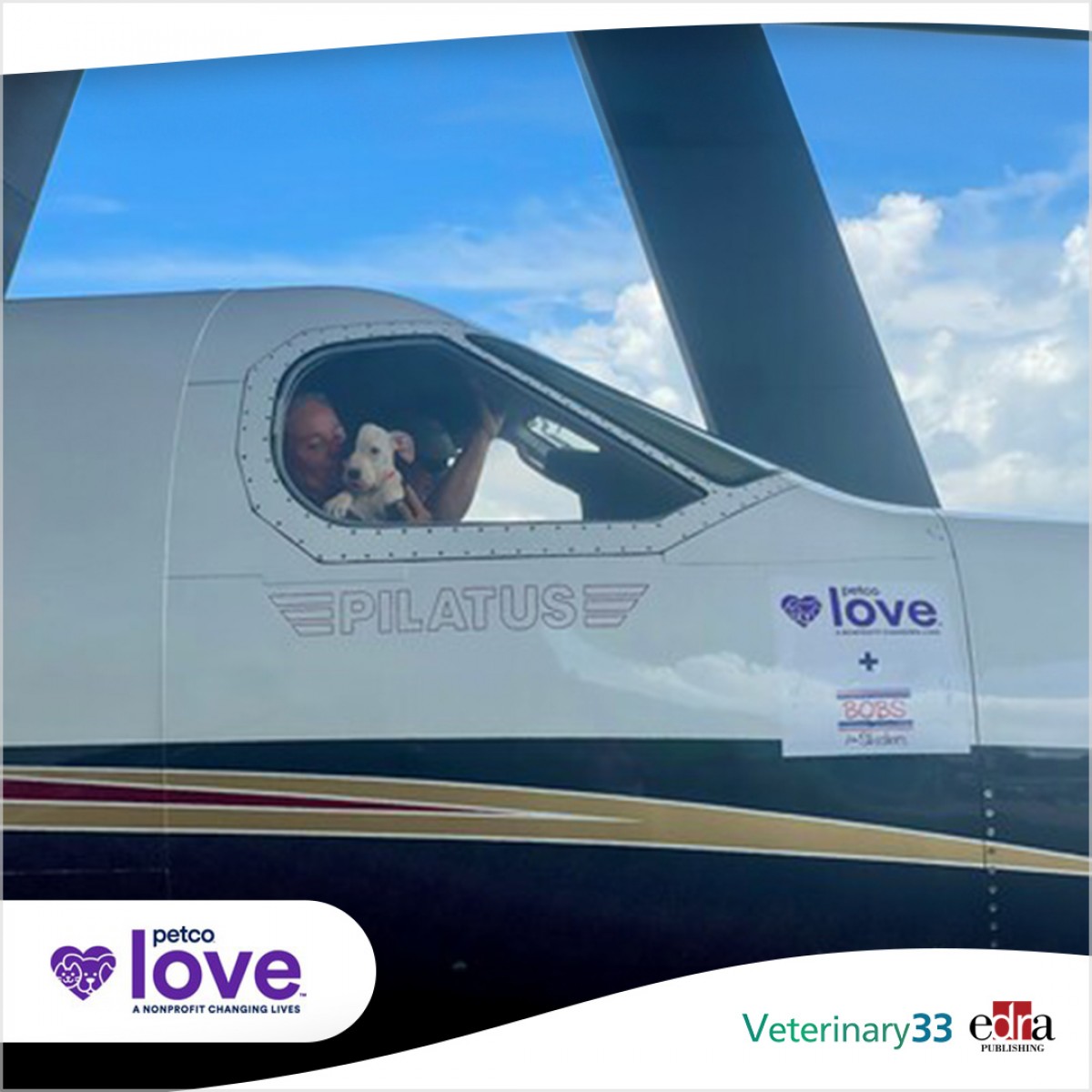

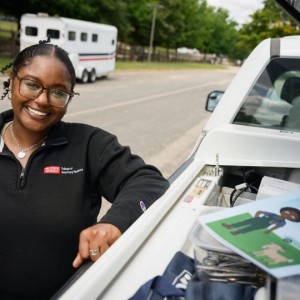
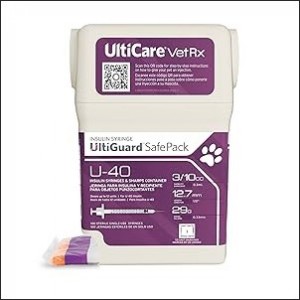
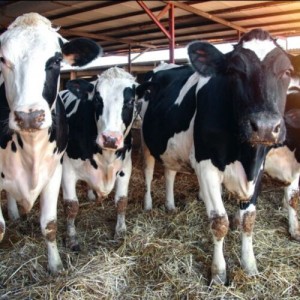
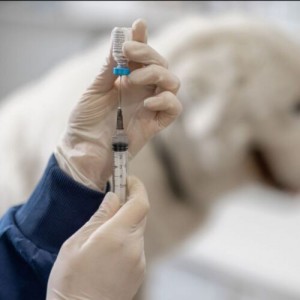
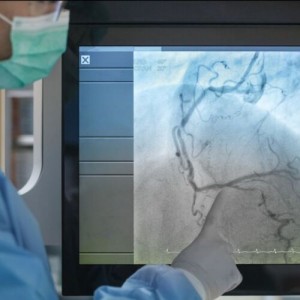

List
Add
Please enter a comment